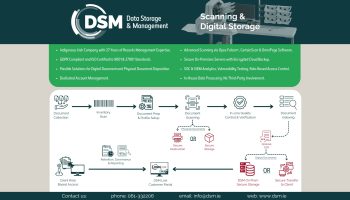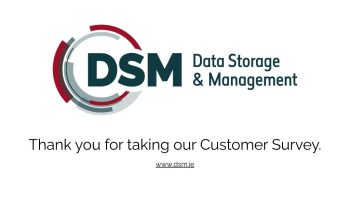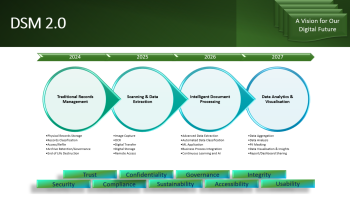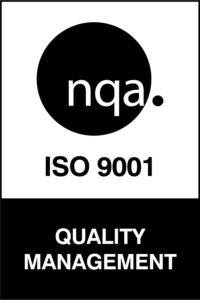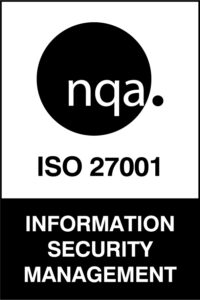In the healthcare sector, the transition from paper-based records to digital systems is a significant step towards improving patient care and operational efficiency. However, many healthcare providers still have vast amounts of legacy data stored in paper records. Unlocking the power of this data can lead to transformative insights and improvements in patient care.
Here’s how healthcare organisations can harness the potential of legacy data:
The Challenge of Paper Records
Paper records have been the backbone of medical documentation for decades. They contain a wealth of information, including patient histories, treatment plans, and clinical notes. However, accessing and analysing this data can be challenging due to the physical nature of paper records. They are often stored in archives, making retrieval time-consuming and labour-intensive.
Digitisation: The First Step
The first step in unlocking the power of legacy data is digitisation. By converting paper records into digital format, healthcare providers can create a searchable and accessible database of patient information. This process involves scanning paper documents and using Optical Character Recognition (OCR) technology to convert them into machine-readable text.
Benefits of Digitisation
- Improved Accessibility: Digital records can be accessed instantly by authorised personnel, improving the speed and efficiency of patient care.
- Enhanced Data Security: Digital records can be encrypted and protected with access controls, reducing the risk of unauthorised access.
- Space Savings: Digitisation frees up physical storage space, which can be repurposed for patient care activities.
- Disaster Recovery: Digital records can be backed up and stored off-site, ensuring data is not lost in the event of a disaster.
Data Extraction and Analysis
Once paper records are digitised, the next step is data extraction. This involves identifying and extracting relevant information from the digital documents. Advanced data analytics tools can then be used to analyse the extracted data, uncovering patterns and insights that can inform clinical decisions and operational strategies.
Applications of Legacy Data
- Population Health Management: Analysing historical data can help identify trends and risk factors within a population, enabling proactive health management.
- Clinical Research: Legacy data can be a valuable resource for clinical research, providing a rich dataset for studies and trials.
- Quality Improvement: Insights gained from legacy data can highlight areas for improvement in clinical practices and patient outcomes.
- Operational Efficiency: Analysing administrative data can lead to more efficient resource allocation and process optimisation.
Overcoming Challenges
While the benefits of unlocking legacy data are clear, there are challenges to consider. The digitisation process can be resource-intensive, and ensuring the accuracy of OCR technology is crucial. Additionally, healthcare providers must navigate regulatory requirements related to data privacy and security.
How DSM Can Help
DSM specialises in helping healthcare settings with the digitisation of paper records. Our services include:
· Comprehensive Digitisation: We handle the entire digitisation process, from scanning to OCR conversion, ensuring accuracy and quality.
- Secure Handling: DSM ensures that all records are handled securely during the digitisation process, maintaining patient confidentiality.
- Custom Solutions: We offer tailored solutions to meet the unique needs of healthcare providers, whether it’s for a one-time project or ongoing digitisation needs.
- Compliance: Our processes are designed to comply with healthcare regulations, including GDPR, ensuring that your digitised records are secure and compliant.
Unlocking the power of legacy data can transform healthcare delivery, and DSM is here to assist you in this journey. Contact us today to learn more about our digitisation services and how we can help your organisation harness the full potential of your historical records.



